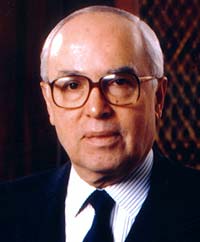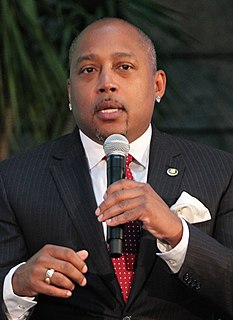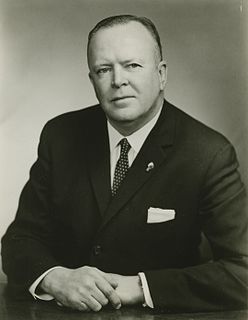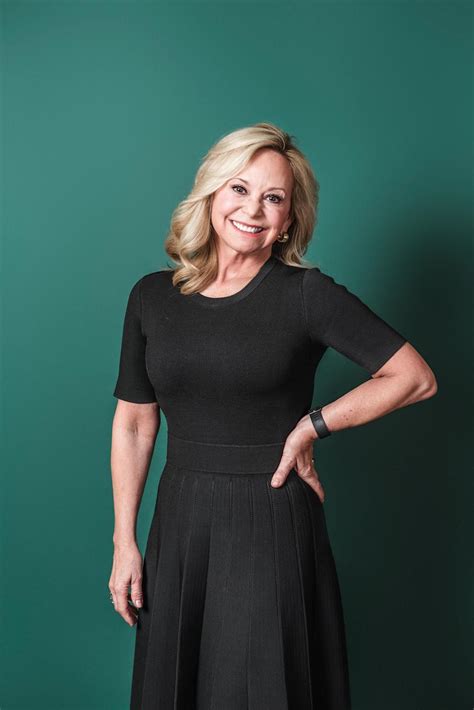A Quote by John Gutfreund
Commercial banks are very good for certain businesses, like loans and guarding other people's money. They're not great investors or entrepreneurs.
Related Quotes
When the government takes more money out of the pockets of middle class Americans, entrepreneurs, and businesses, it lessens the available cash flow for people to spend on goods and services, less money to start businesses, and less money for businesses to expand - i.e. creating new jobs and hiring people.
When you say "bank," a bank is a building, a set of computers and chairs and things. The bankers are the people running these banks. They're the chief officers, and they push the loans because they don't care if they go bad. For one thing, they may package these bad loans and sell them off to gullible institutional investors.
If all the bank loans were paid, no one could have a bank deposit, and there would not be a dollar of coin or currency in circulation. This is a staggering thought. We are completely dependent on the commercial banks. Someone has to borrow every dollar we have in circulation, cash, or credit. If the banks create ample synthetic money we are prosperous; if not, we starve. We are absolutely without a permanent money system. When one gets a complete grasp of the picture, the tragic absurdity of our hopeless situation is almost incredible - but there it is.
Value investors will not invest in businesses that they cannot readily understand or ones they find excessively risky. Hence few value investors will own the shares of technology companies. Many also shun commercial banks, which they consider to have unanalyzable assets, as well as property and casualty insurance companies, which have both unanalyzable assets and liabilities.
Investors do not like losing money. They do not like companies that fail. They do not like entrepreneurs that fail. There is not a culture of celebrating failure in Silicon Valley or anyplace else. That is a myth. Recognize this, and if you start another business, get it to a successful point before approaching outside investors again.



































